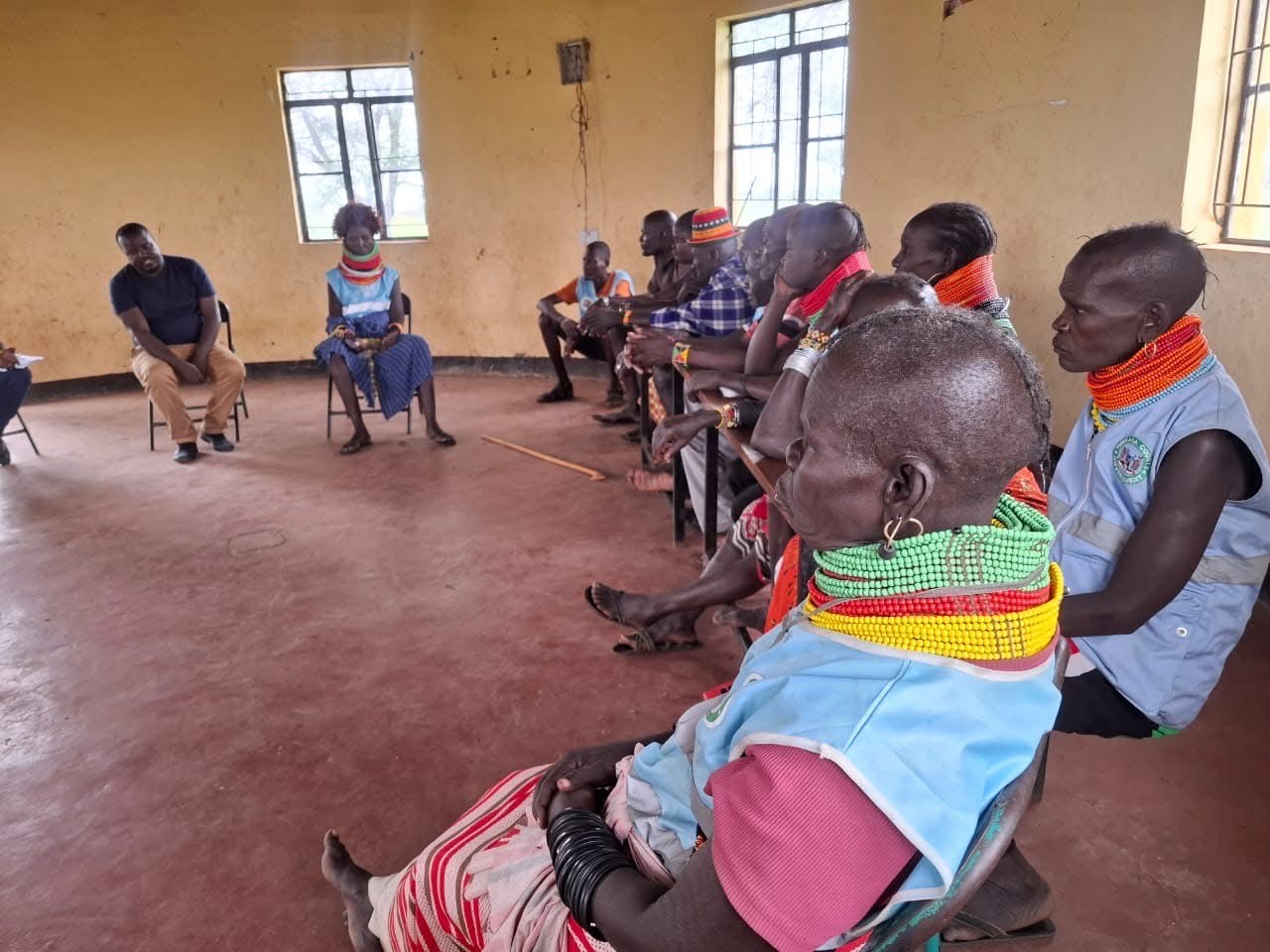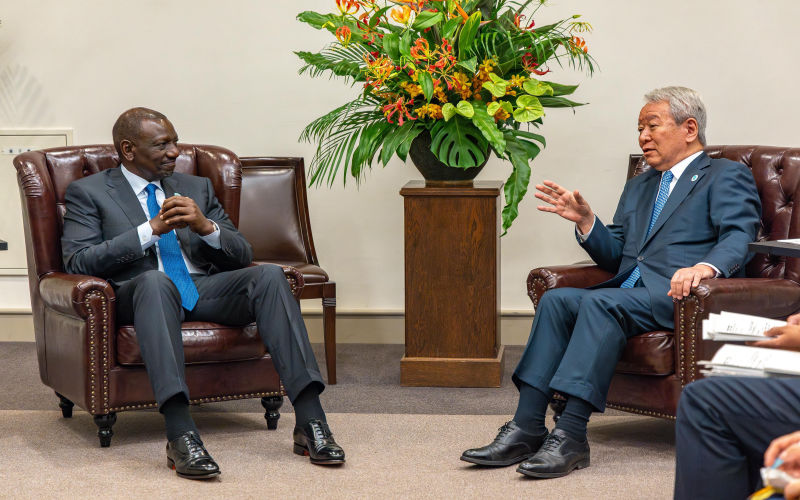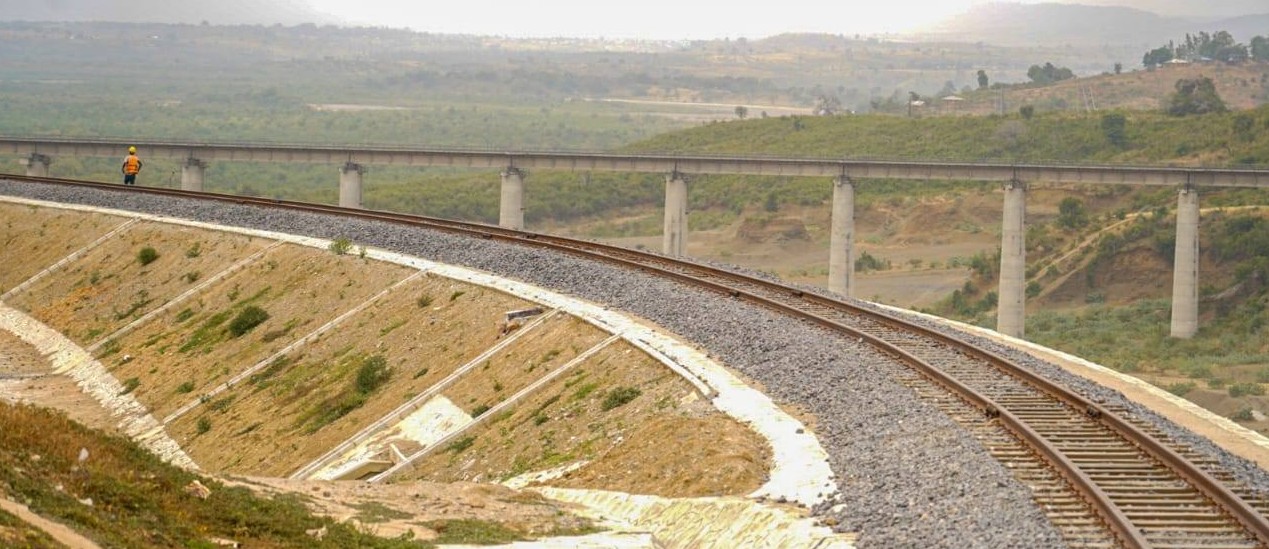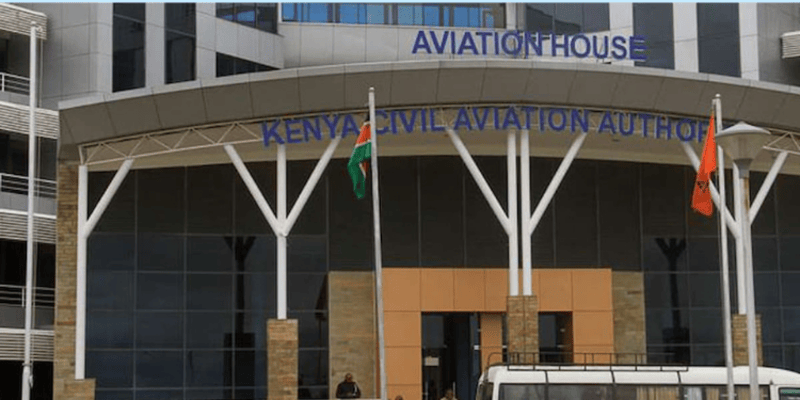Health, education, roads top priorities in Nairobi's Sh44.6 billion budget
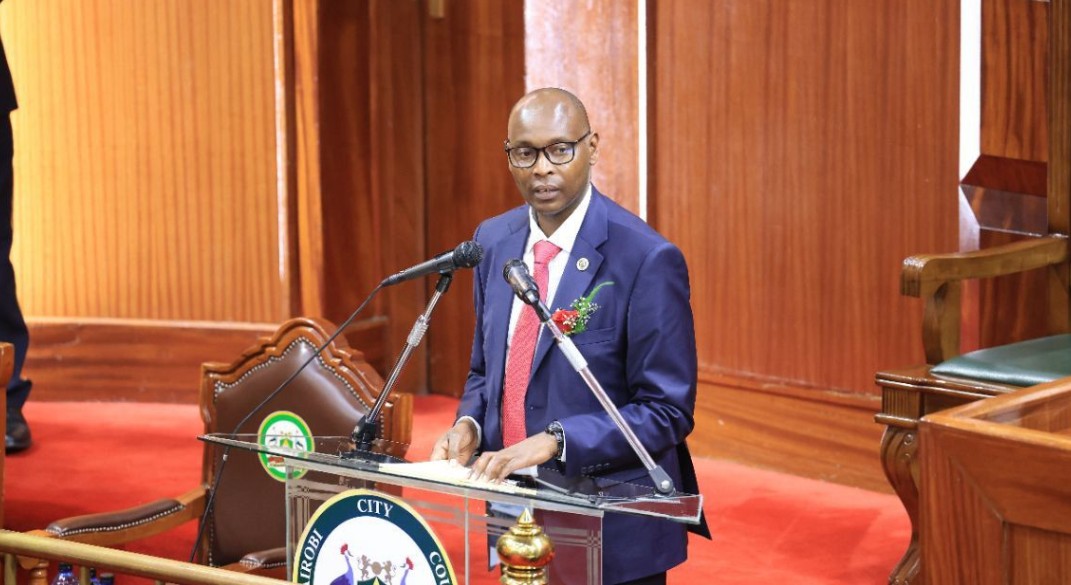
The budget, passed during a special sitting of the County Assembly, includes Sh31.2 billion for recurrent costs and Sh13.4 billion for development.
Nairobi County has unveiled a Sh44.6 billion budget for the 2025/2026 financial year, maintaining current tax levels while expanding spending on key sectors such as health, education, roads and ward development.
The budget, passed during a special sitting of the County Assembly, includes Sh31.2 billion for recurrent costs and Sh13.4 billion for development.
More To Read
- Nairobi County owes Sh6.3 billion to just four advocates, Auditor General reveals
- Nairobi unveils bold compliance, digitisation drive to fund Sh44.6 billion budget without raising taxes
- City Hall targets unapproved developments in drive to collect Sh5 billion
- Court declares Nairobi’s 2023 Finance law illegal, reinstates old charges
- Nairobi MCAs launch probe into Sh10.7 billion "fraudulent" legal claims
- Nairobi MCAs push for debt swap as City Hall, Kenya Power clash over Sh4.8bn debt
Finance and Planning Executive Charles Kerich said this year’s allocation marks a Sh1 billion increase from the previous year.
He noted that the additional funds will be directed toward essential services and infrastructure, with a commitment to improve public service delivery without burdening residents financially.
In the health sector, Sh849 million has been set aside for the construction, rehabilitation, and equipping of health centres.
Another Sh400 million will go into supplying county hospitals with non-pharmaceutical essentials to support operations and ensure the availability of basic items.
“Infrastructure development is a key priority, with upgrades and expansions planned for key hospitals including Pumwani Maternity and Mama Lucy Kibaki Hospital. We will prioritise equipping hospitals with advanced diagnostic and treatment tools, as well as modernising the health data system,” Kerich said.
The school feeding programme under Governor Johnson Sakaja has been allocated Sh700 million. While this is a drop from last year’s Sh800 million, the funds are expected to sustain the programme and improve learner nutrition and attendance.
Last year, the county constructed more than 10 modern kitchens to support the initiative.
On bursaries, the county has allocated Sh857 million. Each of the 85 wards will receive Sh7 million, with the rest supporting continuing students through the Executive Scholarship Programme.
Kerich also announced Sh2.15 billion for ward development programmes.
He told the Assembly that 145 projects had been completed over the past financial year, and the new funding will help scale up ongoing work in all wards.
Roads have been allocated Sh2.8 billion for construction and rehabilitation across the county.
In addition, Sh1 billion has been earmarked for the construction and upgrading of stadiums and sports complexes.
Kerich emphasised that the budget was designed to meet the growing demands of the city while cushioning residents from the current economic challenges.
“Due to financial constraints, taxes will not be increased in order to protect our people during these tough economic times,” he said.
He added that Nairobi County had posted Sh13.4 billion in Own-Source Revenue in the previous year, a jump from Sh10 billion.
To support the growing budget, the county has widened its tax base by targeting previously untapped revenue sources.
He further told the Assembly that efforts were underway to clean up the revenue system to identify accurate receivables and boost recovery.
“This budget prioritises enhanced service delivery, fast-tracked development, and improved public welfare, while adhering to financial discipline and legal guidelines,” Kerich said.
Top Stories Today
